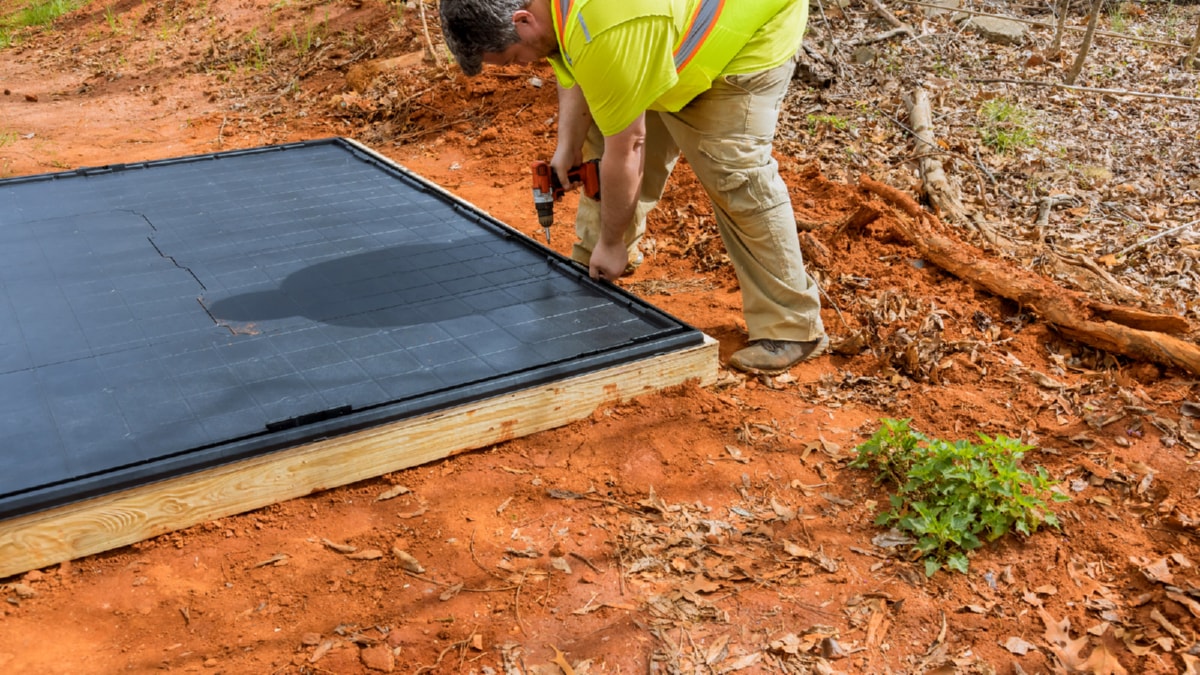Understanding the Role of Technology in Modern Construction
In the fast-paced and constantly-evolving world of construction, staying up-to-date with the latest technology trends is not just a luxury, but a necessity. Technology has significantly transformed the construction industry, from the early planning stages to the final build out, and even during post-construction maintenance.
The first notable impact of technology is in the design and planning phase. With the help of advanced tools like Building Information Modeling (BIM), architects and engineers can now create detailed digital models of a building before the actual construction begins. This not only improves accuracy but also helps in spotting and dealing with possible complications before they become costly problems.
In addition to enhanced planning, technology also plays a crucial role in streamlining construction processes. For instance, unmanned aerial vehicles are increasingly being used in construction to carry out detailed inspections, collect precise data, and monitor progress. They offer a safer and more efficient way to collect needed data, which can significantly reduce costs and increase productivity.
Moreover, automation and robotics are reshaping the construction landscape by taking over repetitive and dangerous tasks, leading to improved safety and efficiency. From bricklaying robots to self-driving construction vehicles, these technologies are not only limiting mistakes but also helping to tackle the lack of skilled workers, a long-standing problem in the industry.
Another game-changing contribution from technology in construction is the use of smart materials. These are specially engineered materials with properties that can be significantly changed in a controlled manner by external stimuli, such as stress, temperature, moisture, pH, and electric or magnetic fields. Smart materials like phase-changing materials contribute to the sustainability and longevity of constructions, thereby reducing maintenance costs and environmental impact.
Last but not least, technology is revolutionizing post-construction maintenance through the use of connected devices. With IoT, buildings can be equipped with sensors that monitor various parameters like temperature, humidity, and structural health. This allows for continuous observation and predictive maintenance, which can significantly extend the lifespan of a building.
In conclusion, the role of technology in modern construction cannot be overemphasized. It is transforming the industry, making it more efficient, accurate, and safe. As we move forward, embracing these technological advancements will be key to staying competitive in the ever-evolving construction landscape.
.
For more details, check best chimney restoration and rebuild services or visit their business listing here.



